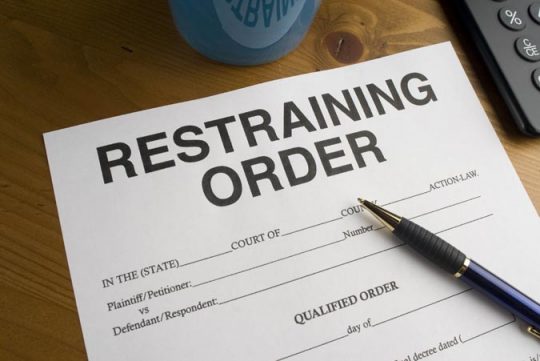Resolving disputes that arise in the workplace is essential if work is to get done and employees are to be treated fairly. There can be many kinds of disputes, from safety issues through to unfair work practices, harassment and more. Such disputes can escalate from being between two people to dividing the whole staff into different camps and totally interfering with work, so the need for quick resolution is paramount.
However, reaching a resolution may not be that easy. There are several ways it can be done:
- Through negotiation between affected parties.
- Through mediation with a neutral third party, usually an independent mediator who helps to clarify issues so that the parties can reach an agreement both are happy with.
- Through arbitration where an independent arbiter such as a court or judge settles the matter the way they think fit and makes a binding legal decision to see it is carried out.
These days every award includes a clause which sets out how dispute resolution should be carried out. In most cases certain steps must be followed:
- Employees must meet with their supervisor to discuss the grievance.
- If that doesn’t resolve the matter, senior management must be called in.
- Failing resolution, the employer refers the problem to management at a higher or national level.
- If no resolution is forthcoming any or all of the parties may take the grievance to the Fair Work Commission.
- The employee or employer may appoint another person to be their representative at this point.







